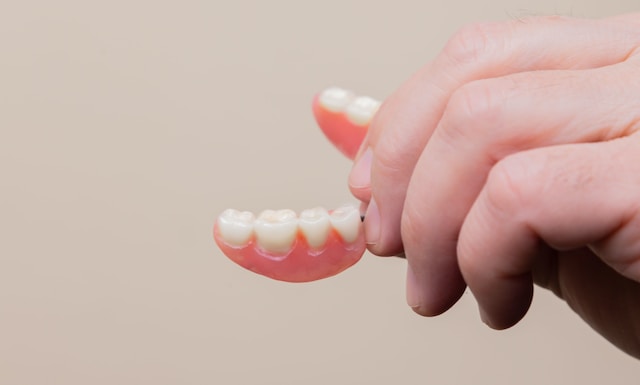
A dental crown is an effective treatment for damaged teeth that may endure for years. It is often suggested following a root canal treatment or when a tooth has been severely damaged, shattered, or cracked. Dental crowns may strengthen a tooth, cover any decay, and make a tooth seem better than ever. Let’s examine the five things you need to know about dental crowns.
Why Would One Require a Dental Crown?
Your dentist helps you to feel confident in the decisions you make about your dental health. You should discuss the specific reasons for the tooth’s need for restoration and why a dental crown is the best option with your dentist. Is there a full break in the tooth? Have you started to deteriorate? Is there anything more I can do? The optimum outcome from any therapy is achieved when the patient is active and engaged in the process.
How Long Do Dental Crowns Last?
Dental crowns made of high-quality porcelain may survive for up to 15 years. Crowns have a potential lifespan of up to 25 years. Having a dental crown placed means you need to keep up with your usual brushing, flossing, dental exams, and cleanings. Consult your dentist to learn more about dental crowns and the circumstances under which they may need to be replaced.
Dental Crown Maintenance and Follow-up Care
The post-op treatment for your dental crown may begin as soon as the operation is finished. It’s best to take it easy for the first two days, avoiding anything that may cause it to fall out, such as sticky or chewy meals or vigorous exercise. Once the cement has hardened fully, you may begin caring for the crown like a normal tooth.
Sensitivity is frequent in the days after the surgery but often subsides within a week or two. Please make an appointment with our dentist if your pain persists beyond this point. You’ll be given pain relievers to help you feel better while healing.
Root Canals Need Dental Crowns
The original tooth crown must be reduced in size during a root canal procedure to remove and treat the infected pulp in the tooth’s roots. A root canal-treated tooth might continue to serve its purpose when capped with a dental crown.
Dental crowns are sometimes implanted without first having a root canal. After having a dental crown, the patient may be more sensitive to hot and cold for a short time. This is to be expected since the tooth’s nerve is removed during root canal therapy.
Is Getting a Dental Crown Painful?
If you’re worried about getting a dental crown, discussing it with your dentist is best. The region around the tooth is numbed with a local anesthetic before any work is done. A well-made, custom-fitted crown should provide complete comfort after the short procedure.
Conclusion
Finally, people considering a dental crown should choose the procedure that best serves their needs. The dentist at Royal Crown Family Dental is available to provide insightful consultations, during which patients may ask any questions and get professional answers.
